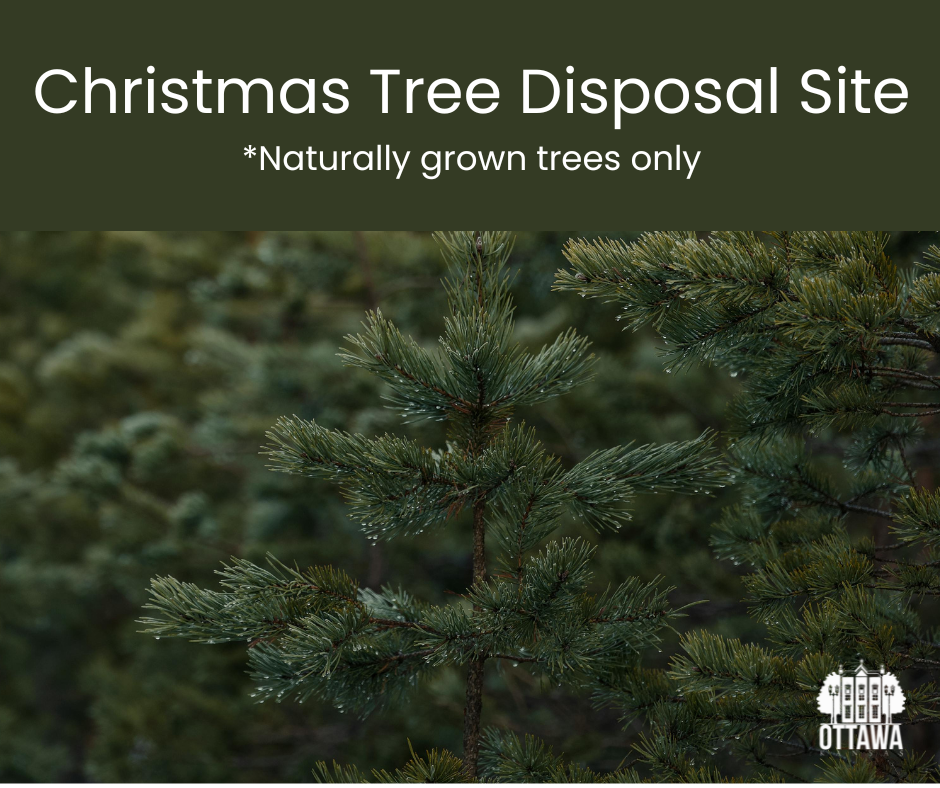THE IMPORTANCE OF PROPER YARD DEBRIS DISPOSAL
- Admin

- Sep 14, 2023
- 2 min read
When it comes to maintaining a tidy and picturesque neighborhood, responsible yard maintenance plays a crucial role. However, one common mistake that many homeowners make is blowing grass clippings and yard debris into the street for the street sweeper to collect. While this may seem like a convenient solution, it can have a range of negative consequences for the environment, the community, and even your wallet.

1. Environmental Impact: Blowing grass clippings and yard debris into the street may seem harmless, but it can harm local ecosystems in several ways. When debris enters stormwater drains, it can clog them, leading to localized flooding during heavy rains. Moreover, these clippings and debris often carry fertilizers and pesticides, which can contaminate local water bodies, posing a threat to aquatic life. By disposing of yard waste properly, you can help protect your local environment.
2. Community Aesthetics: A neighborhood's appearance significantly influences property values and the overall quality of life for its residents. Leaving grass clippings and debris in the street creates an unsightly and unkempt appearance. Over time, this can deter potential buyers and affect property values in the area. By taking responsibility for your yard waste, you contribute to a cleaner and more appealing community.
3. Municipal Costs: Many cities and municipalities invest significant resources in street sweeping programs and equipment. When homeowners blow yard debris into the streets, they increase the workload for these programs and possible malfunctions in equipment. This not only strains municipal budgets but also diverts resources away from other essential services like road maintenance and public safety. Proper disposal of yard waste can help alleviate this burden on local governments.
So, what should homeowners do instead?
Proper yard debris disposal involves several responsible practices:
- Bagging clippings and debris in compostable or paper bags for curbside pickup.
- Using a mulching mower to leave clippings on the lawn as natural fertilizer.
- Creating a compost pile for organic waste like leaves and small branches.
- Taking larger branches and debris to designated recycling or disposal centers.
By following these guidelines, homeowners can contribute to a cleaner, greener, and more sustainable community while avoiding the negative consequences associated with improper yard waste disposal. Remember, a beautiful neighborhood starts with responsible yard maintenance.





























